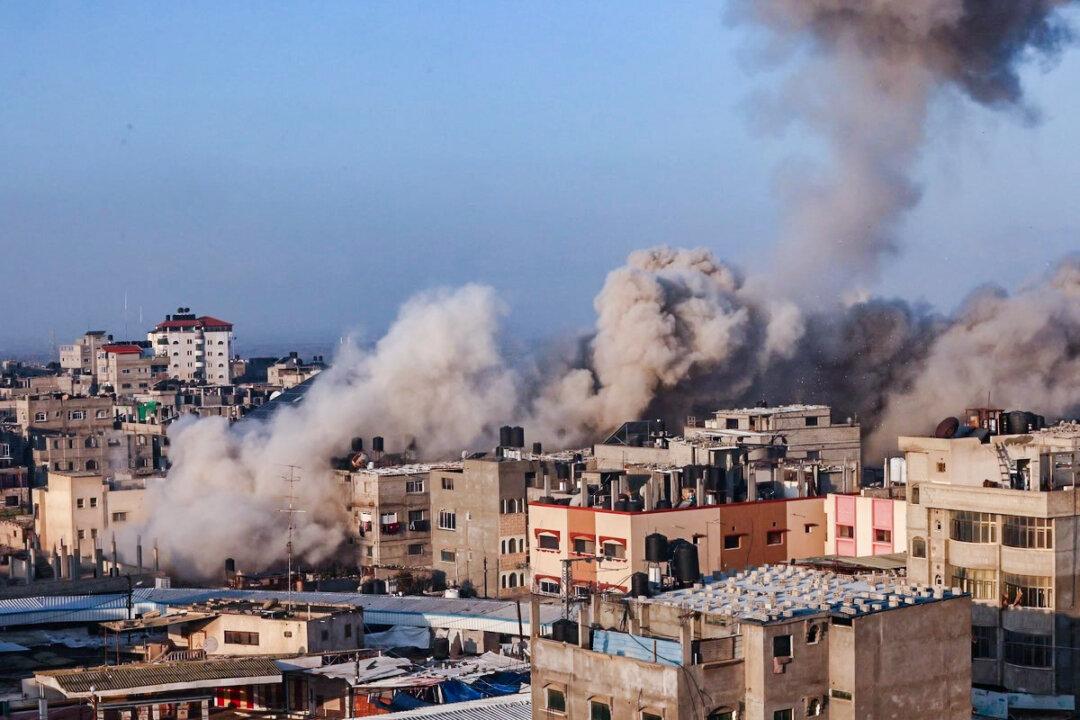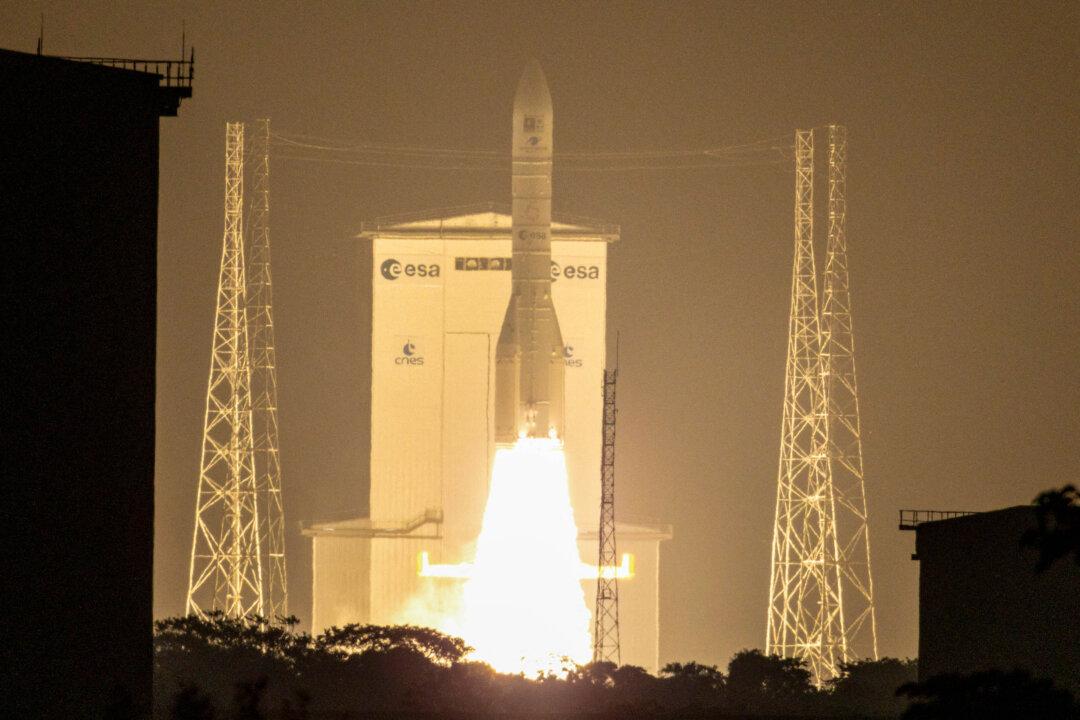Israel on May 6 said that its war cabinet had decided to proceed with its military offensive in the Gaza city of Rafah and had initiated strikes in the area in preparation for a ground invasion.
The action came hours after Hamas stated that it had accepted an Egyptian–Qatari cease-fire proposal, the details of which are unknown. The terrorist group released a statement that its chief, Ismail Haniyeh, informed Qatar’s prime minister and Egypt’s intelligence chief about accepting the proposal.





